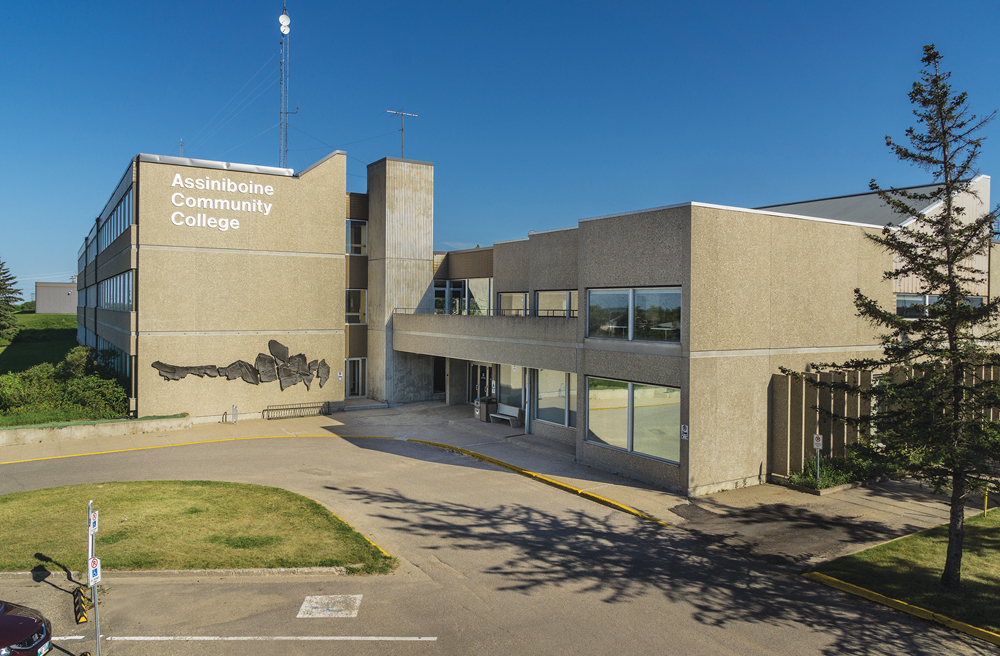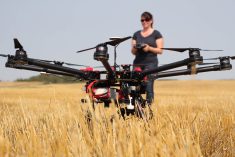Assiniboine Community College is leveraging a $50,000 National Research Council grant to spur agricultural innovation in small-to-medium-sized enterprises, or SMEs.
The college is divvying up the funds among various Canadian businesses to provide short-term scientific or technical assistance.
“We want to try and get about 10 SMEs to come and work on small research projects,” said Chris Budiwski, the college’s academic chair for the Russ Edwards School of Agriculture and Environment.
Read Also

Trade uncertainty, tariffs weigh on Canadian beef sector as market access shifts
Manitoba’s beef cattle producers heard more about the growing uncertainty they face as U.S. tariffs, and shifting trade opportunities, reshape their market.
From there, companies can either move on to further commercialization or use what they gained through their research to leverage future funding.
Brandon’s Assiniboine Community College has been looking for ways to connect industry and real world research to its agricultural programming.
“The big part of it is getting them access to a researcher so that they don’t have to do it themselves,” Budiwski said. “We have researchers here on site, and [participating businesses] basically get their time and expertise.”
One such partnership under the grant has the college working with Typha Co., a company focused on harvesting cattails around Lake Winnipeg that combat nutrient build up in the lake. Fibre from the cattails is converted into products like mulch or biodegradable plant pots.
With the college, the company will test cattail fibres for their suitability as a soilless growing medium, in replacement of peat, which has high carbon emissions.
“It has a great potential to be a replacement for peat in things like potted plants and greenhouse operations,” Budiwski said.
To date, two projects, including Typha Co., have been approved.
“Typha is one of our first ones, but there are a few others that are coming into the pipeline,” Budiwski said. “We hope to utilize the whole $50,000 over the next couple of months and spur along some innovation in the agricultural sector.”
Tim Hore, dean of the Russ Edwards School of Agriculture and Environment, also welcomed the new partnership stream.
Applied research and connection with industry have been among the talking points for the school, which is in the midst of ambitious expansion plans that would increase ag-related student spaces from 300 to 800 a year and add a new facility for ag programming.
Fundraising is ongoing for that hub, dubbed the Prairie Innovation Centre for Sustainable Agriculture.
“Having access to funding programs like this for SMEs helps the college continue to research and innovate in the evolving sector of agriculture and come up with viable solutions to the challenges the industry faces,” Hore said. “It creates opportunities for us to connect researchers, faculty and local small businesses to engage and share our findings with the world.”
The grant is funded through the National Research Council of Canada Industrial Research Assistance Program. SMEs receiving funding will be in technologies related to soil health; horticultural and field crop production; food and culinary arts; sensors and wireless applications relevant to agriculture; greenhouse technologies and alternative covered growing systems. Conservation, biodiversity, and climate change mitigation technologies could also benefit.
“Connecting with organizations that otherwise wouldn’t have access to research and technical services is integral to making advances in the agriculture industry,” Hore said.
















